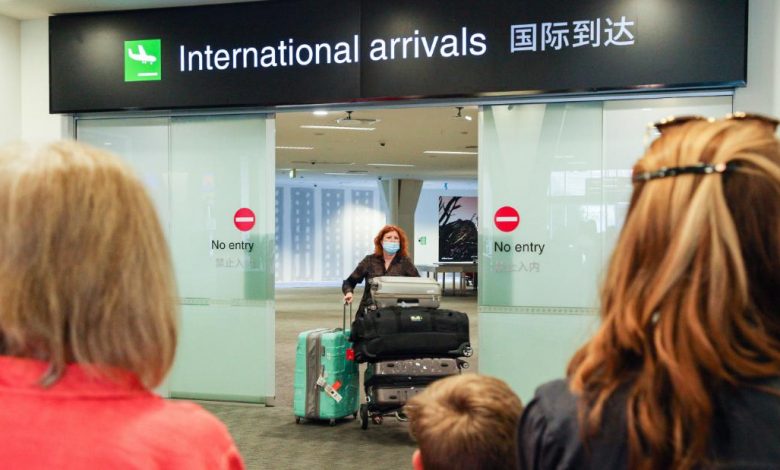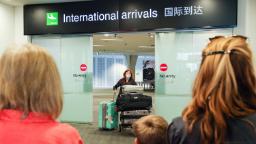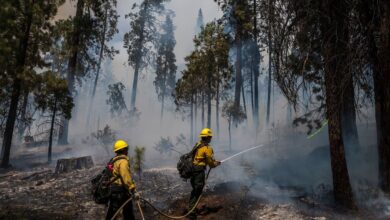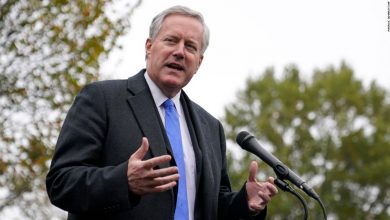New Zealand reopens borders in 2022


Fully vaccinated citizens, residents and tourists will be allowed entry into the country in three stages, Covid-19 Minister Chris Hipkins explained at a press conference on Wednesday, November 24
The border will first open to New Zealand citizens and residents traveling from neighboring Australia on January 16, before expanding to include New Zealanders worldwide on February 13. .
Fully vaccinated travelers from all other countries, except those deemed “high-risk,” can visit the Pacific island nation from April 30, Hipkins said.
“The phased approach to reconnecting to the world is the safest approach to ensure risk is carefully managed,” he added. “It reduces the potential impacts on vulnerable communities and New Zealand’s health system.”
New Zealand closed its borders in March 2020 as part of its efforts to kill Covid-19 and has some of the strictest border measures in the world.
According to data from Johns Hopkins University, the country has recorded more than 10,600 cases and only 40 deaths. But the relatively low numbers have come at a cost.
Currently, those who want to return must be isolated in government-run facilities, where space is limited. People had to enter an online lottery to try and secure a space.
That will change when the new rules go into effect.
Everyone arriving in New Zealand will have to self-isolate at home for seven days, present proof of vaccination, test negative for Covid-19 and declare that they have not been to a high-risk country, Hipkins said. .
According to the country’s Ministry of Health, 84% of the eligible population are fully vaccinated, while 92% have received at least one dose.
Hipkins said some restrictions will remain in place for the foreseeable future.
“We will eventually reach a point where people will be able to move much more freely across borders and those periods of self-isolation will not be mandatory,” he said. “We’re not there yet.”
.




